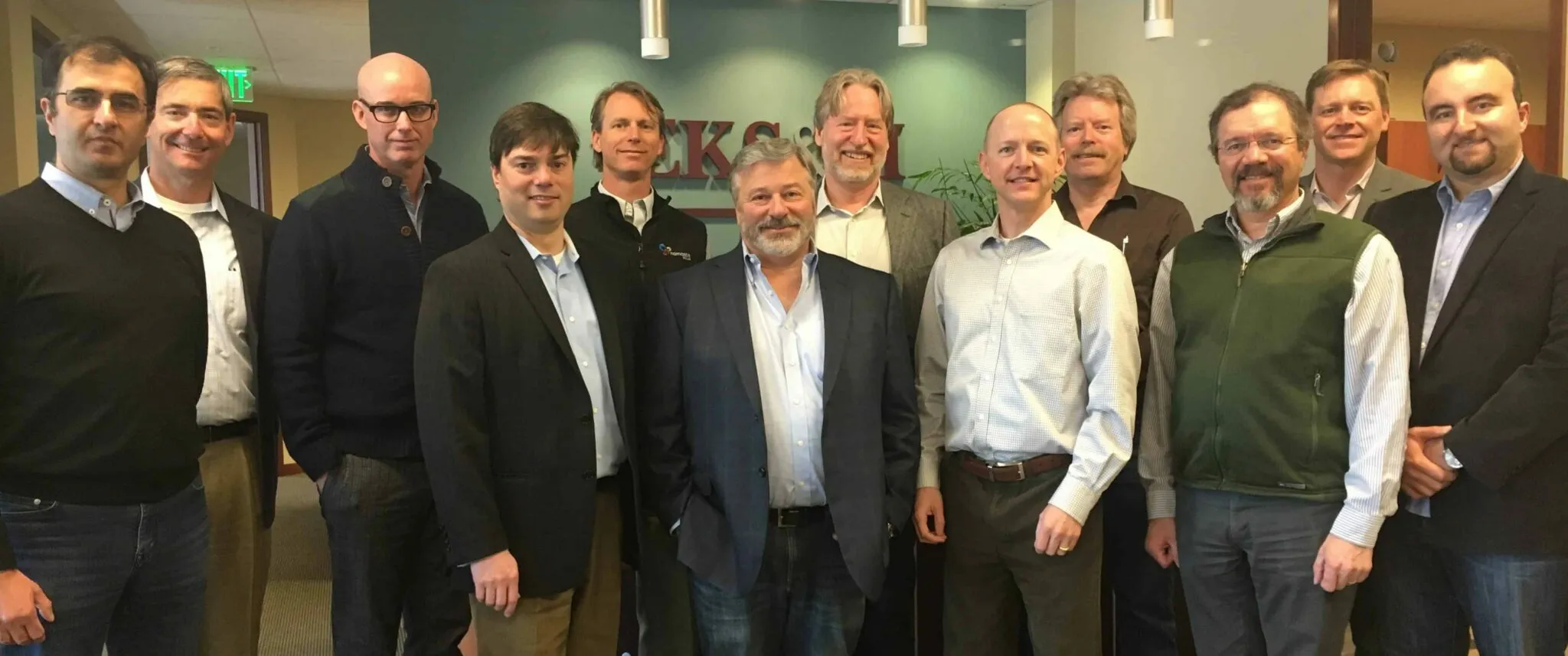Changes in politics, policy have clean-tech CEOs on their toes

BOULDER — The Trump administration has meant significant changes for the clean-tech industry, whether that be tax reform, financing for projects or the overall importance of green business in the government’s eyes.
Several clean-tech CEOs spoke about the issues at BizWest’s CEO Roundtable on Tuesday afternoon, discussing the uncertainty the industry is going through right now.
One of the major recent changes the administration has made has been taxes and tariffs.
“We had to reprice our projects pre- and post-tax reform because it affects our tax equity partners’ investment in a project.…
THIS ARTICLE IS FOR SUBSCRIBERS ONLY
Continue reading for less than $3 per week!
Get a month of award-winning local business news, trends and insights
Access award-winning content today!
